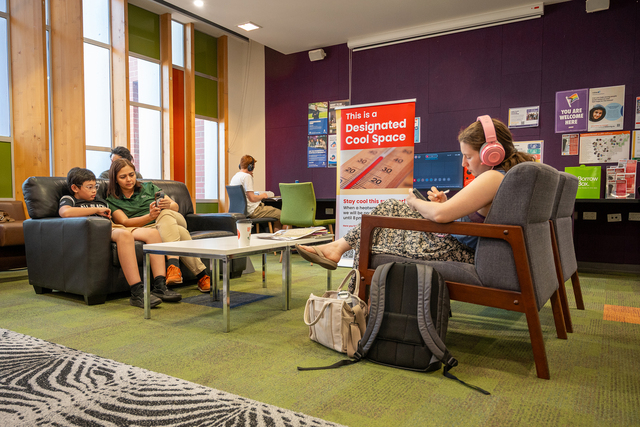Noosa Council has signed global bus manufacturer Higer Bus and Coach to provide the vehicles for an electric bus trial next year.
Two 25-seater buses will be on the road for the six-month trial driven by Council and TransLink.
“If all goes well, it could hail the start of a greener and more marketable transport option for Noosa,” said Council’s Planning and Infrastructure Director Martin Drydale.
The buses are powered by Aowei Ultracapacitors (UCAP); unlike batteries, they recharge in minutes via overhead charging plates. It will be the first time Australia has had an electric public bus charged this way.
“It means we can recharge an electric bus in the time it takes passengers to get on and off of it,” Mr Drydale said.
“This technology has been used with great success overseas since 2008.
“It has a great record of reliability, so we are looking forward to road-testing it here in Noosa.
“Electric buses produce no greenhouse gas emissions, plus we can use renewable energy to recharge them, so they represent a cleaner, greener alternative to diesel.”
Established in 1998, Higer is the world’s third largest bus manufacturer.
General Manager, Neil Bamford, said Higer was thrilled to be part of the Australian-first trial.
“China leads the world in new energy technology with more electric buses built, to date, than the remainder of the world combined.
“Higer has worked long and hard to advance the industry’s electric capabilities in the Australian market,” Mr Bamford said.
“The innovative design and technology in the full electric bus sees Higer demonstrate their continued improvement in quality and reliability that has been embedded across their entire range.
“This is an exciting time for Higer in Australia. We are looking forward to a positive trial with the Noosa Council which should see the introduction of more electric buses in Australia,” said Mr Bamford.
Higer will service and repair the buses at Forest Glen. Council will install the UCAP charging stations at the Noosa Heads bus station and at Diyan Street, Tewantin.
“Because we can recharge the ultracapacitors much faster than the conventional batteries we considered previously, we now need two buses instead of three,” Mr Drydale said.
The trial follows a joint pre-feasibility study, which found electric buses cheaper to run and maintain on short-haul routes, than diesel buses.
















